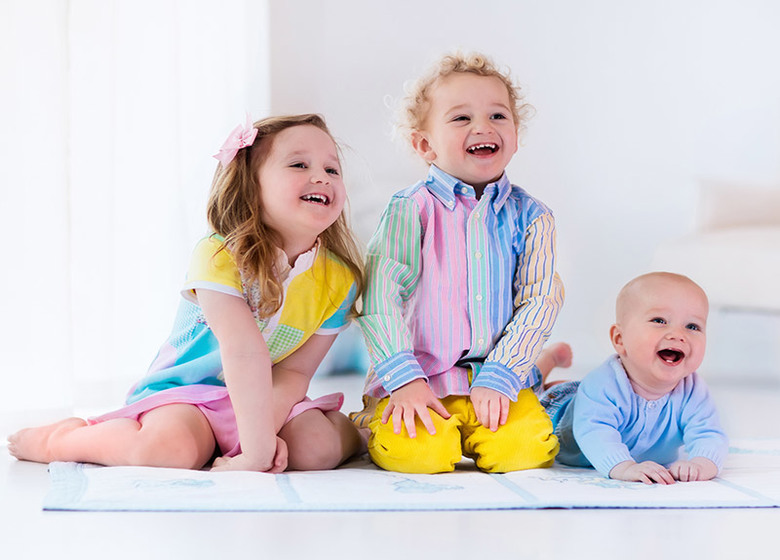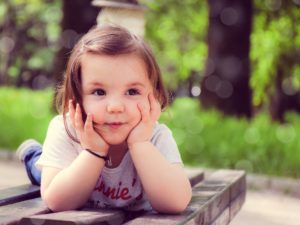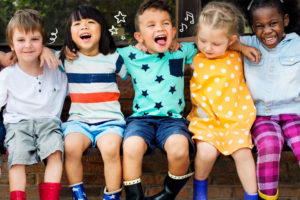Alfred Adler, who created the field of individual psychology, developed the first theory of personality development. It was necessary, according to Adler, to understand a person in the sense of his interactions with others. As such, he postulated that personality characteristics and behavior, such as birth orders, arise from early childhood. This is to suggest that the order you are born into can influence your character. Although the order of birth may not be as important as gender, socioeconomic status, education, etc., it can certainly impact yourself. Continue reading to know how birth order affects personality of kids.
What is the Birth Order?
Birth order is a child’s position as compared to its siblings. The order of birth of a child is not definitive, that is, it can not quantify human personalities as a set of codes. No perfect order location exists; in addition, three overarching factors can dilute the characteristics of the birth order. Firstly, parental attitude or techniques of parenting since they are your role models. First comes the parent-birth order itself, and finally the gap between each child.
Birth Order and Child Behavior And Personality
Many birth order effects have been observed on the personality. Here are some of them:
1. Firstborn Child
Firstborn children tend to be goal-oriented and conscientious natural leaders. This usually results from being the only attention-receiver in the home, allowing them the personal security of having constant protectors. Therefore, when younger siblings arrive, firstborn children, develop a protective instinct for them, which gives them a greater sense of responsibility. Firstborn children work hard and are keen to please their parents and teachers.
When parents are too strict or demanding, though, this could lead the first child to try harder and harder to satisfy them, even at the detriment of their own peace of mind. Perfectionism is a common trait of character, contributing to the intellectualization of its environment rather than the growth of its emotional maturity. For this reason, studies show symptoms of anxiety and depression are most common among firstborns. They can also develop envy and anxiety feelings if the parents ignore them in favor of younger siblings, particularly if the difference in age is high.
2. Middleborn Child
Middle children are often sociable, inclusive and cool. Because they don’t have the authority of their older siblings or the cuteness of their younger siblings, they develop communication strategies. These children are often surrounded by friends who are more focused on them than their parents who may concentrate on their first or last child. These kids are very friendly, working great with teams and fully supporting their peers.
When dealing with middle-borns, birth order and personality development is not as easy. This is simply due to the likelihood of multiple middle children, in which it is very difficult to pin specific character characteristics of the different middle-born children.
3. Last Born Child
The youngest child is usually the most cared for by both parents and siblings. And their parents were likely to relax their rules at this point, allowing them to explore their rebellious sides much more than their older siblings. Often these kids are pranksters and daredevils, but they also seem to be extremely creative and innovative. Younger kids are often the best in sports, music, or painting. This stems from a competitive drive to do better than its older brothers and sisters. The negative aspect to consider here is that the last borns appear to be careless and heavily dependent on older family members. This could easily lead them to give up activities in adulthood as they do not have someone to do it for them.
How Birth Order Affects Personality Of Kids?
Personality traits of birth order often continue into adulthood. Older firstborns, for example, remain competitive and ambitious in an effort to win approval from their parents and other figures of authority. As predicted, the majority of people in leadership positions, including company heads, doctors, and so on appear to be born first. The middle child, appealing to the people, is as friendly and helpful as an adult.
Furthermore, middleborns seem to be more focused on keeping others satisfied than on paying attention to their own needs, which might make them feel directionless or confused. Last-borns are quite enjoyable to be around, with a child’s self-assurance and charm. But this childlike nature can often be misinterpreted as infantile or immature, preventing them from being taken seriously. Their adult versions tend to be less insecure about change or lack of attention when it comes to only children This is typical that when they have to communicate with other people in a group setting, awareness of their self-centeredness sets in.
Does Birth Order Affect IQ Score Of Kids
In recent years, this one has become quite a hot topic for debate. While some studies show a link between birth order and intelligence, others say that intelligence has more to do with genetics, socioeconomic factors, and parental guidance. A major study found the best IQ performance was provided by the eldest and only children. There was no statistical difference in younger siblings ‘ IQs. In addition, they did not notice any correlation between birth order and imagination, emotional maturity or ability.
While the results of birth order seem possible, most of the research done on them is not consistent internally. Birth-order positions do affect children’s personalities. It is important to remember that adequate care, affection, and mutual respect within the family are more critical in forming your children’s individuality.
Also Read: Know What Is Middle Child Syndrome













